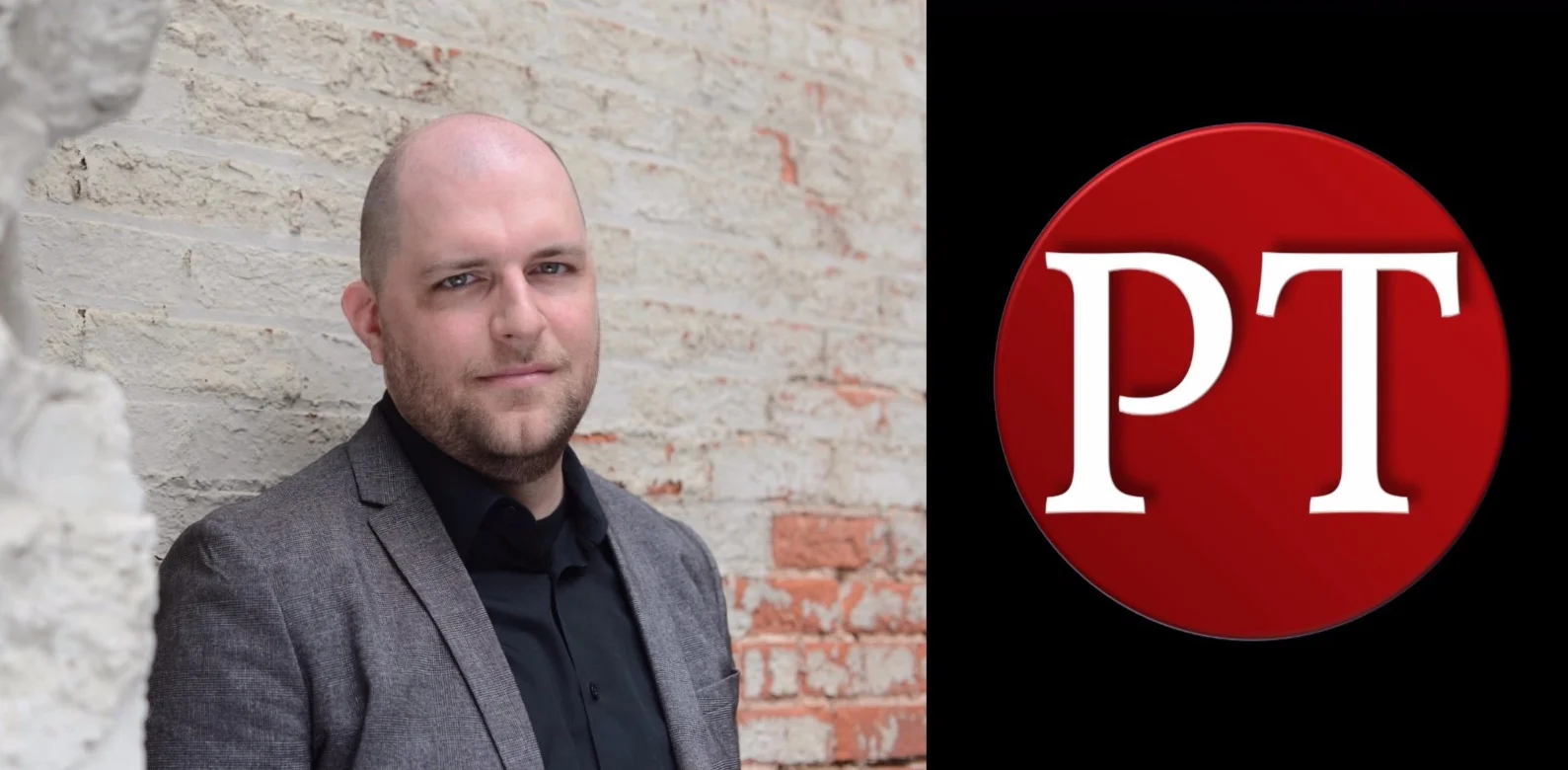The music world has been tying itself in knots over Ludwig van Beethoven recently. In the year of his 250th birthday, some are calling for a boycott of organizations that perform his music. Others are offering a counter-reformation of sorts, with hashtags and memes in defense of the celebration. Here are eight winning ideas and two counterproductive ideas to consider.
…How a person or an organization spends its money speaks to what it cares about. And what is a season program, if not a musical budget?
In a year packed with highs, lows, and plenty of news, here’s a look back on some highlights, both worldwide and personal.
Very little. But a new study points to opportunities to learn more.
I learned a great deal about music and teaching that year. I also learned quite a lot about generosity of spirit.
….we talk about the foundational structure of Symphony Number One. In particular we talk about attempting to forge a model of what a 21st century chamber orchestra should become: more focused on contemporary music than they currently are. Further, we talk about how a season program is something of a moral document: it says something about your priorities as a conductor. The phrase “a budget is a moral document” is often used in the context of politics. How a person or an organization spends its money speaks to what it cares about. And what is a season program, after all, if not a musical budget? I used Symphony Number One’s September concert with the music of Schoenberg and James Lee III as an example of our programming model:
Conductor Jordan Randall Smith received 2nd Place in the 2019 edition of The American Prize in Orchestral Conducting.
As stated in the video, this interview was given to help share information about Mr. Meier’s book, The Score, the Orchestra, and the Conductor. It is an invaluable resource to any conductor looking to tackle particularly challenging excerpts or to merely understand the anatomy of the orchestra. In it, he illuminates and puts into print (often for the first time) the oral and even unspoken traditions of the orchestra.







